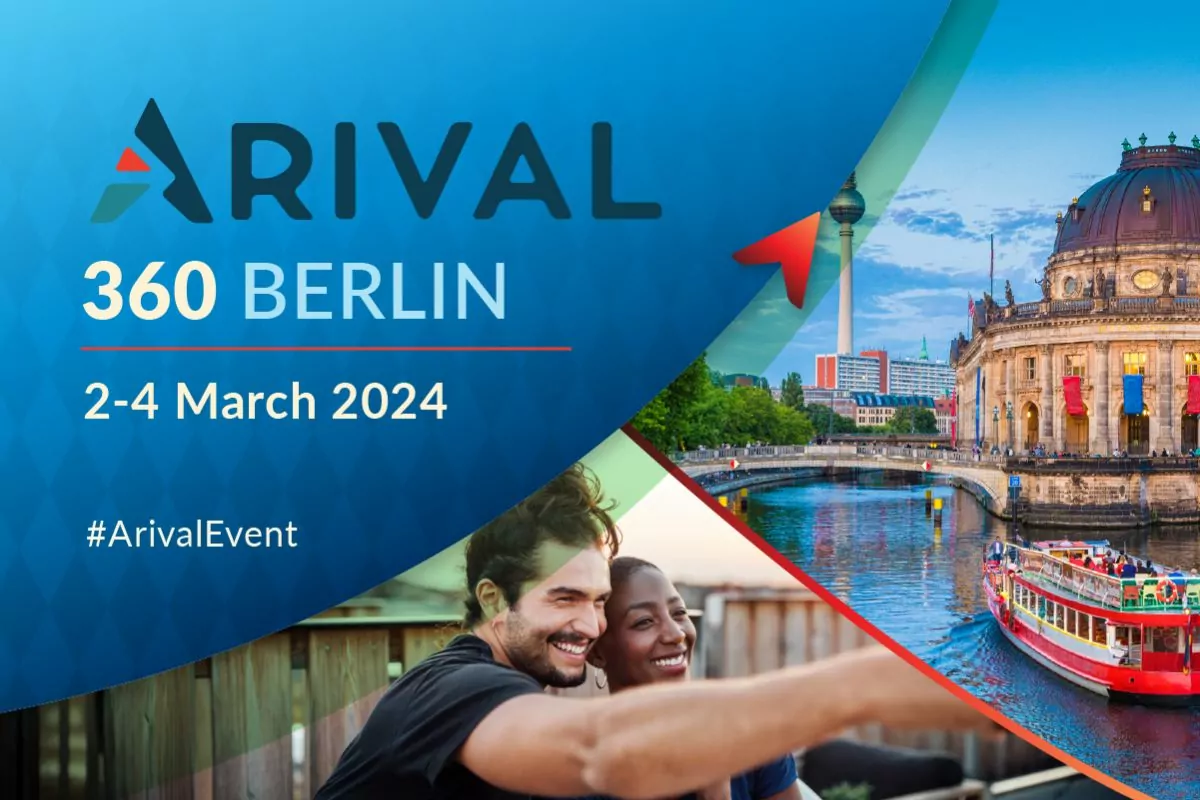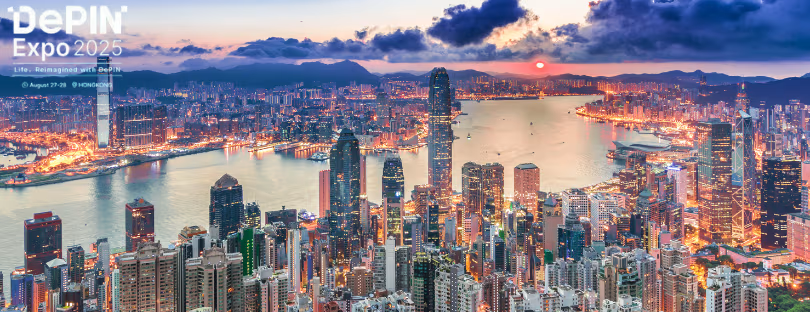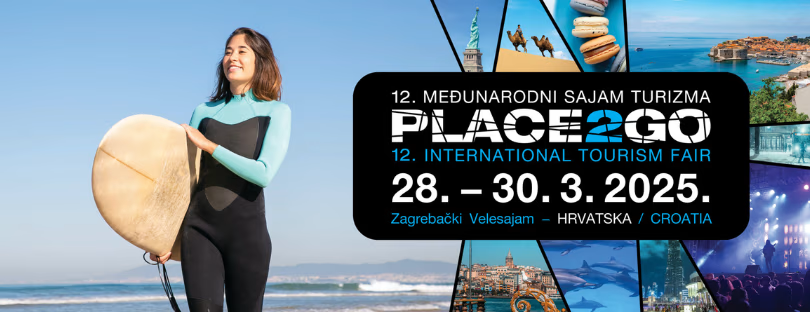
How Asian Tourists Are Changing European Travel
The travel industry is constantly evolving, and one of the most significant trends in recent years is the rise of Asian tourism. Asian travelers are now the world’s largest spenders on tourism, and their preferences are having a major impact on the way European tour operators do business. European Travel asian tourists
Ahead of the Arival 360 Conference in Berlin, which takes place from March 2-4, Asian tourism industry leaders are urging the European industry to prepare for an influx of Asian travellers. But they are warning that travellers are hugely diverse – and what they want to do on holiday is profoundly different compared with pre-pandemic.
Hundreds of representatives from companies across the tours, activities, attractions, and experiences sectors are expected to attend the Arival 360 conference next month. Hot topics will include sustainability, innovation in the experiences sector, and the diversification of attractions companies. Many of the industry’s leading influencers and executives have confirmed as speakers, including HotelBeds, Game of Thrones Studio, and Holiday Extras.
In the past, Asian tourists were often seen as a homogenous group with similar interests. However, this is no longer the case. Today’s Asian travelers are more diverse than ever before, with a wide range of preferences and expectations. They are increasingly seeking out unique and authentic experiences, rather than the traditional tourist traps. They are also more tech-savvy and expect seamless digital experiences throughout their travels.
European tour operators need to adapt to these changing preferences if they want to stay competitive in the Asian market. Here are a few recommendations:
- Offer diverse and personalized itineraries. Asian travelers are not interested in one-size-fits-all tours. They want experiences that are tailored to their individual interests and needs.
- Focus on cultural immersion. Asian travelers are eager to learn about different cultures and experience local life. Tour operators should offer experiences that go beyond the typical tourist attractions.
- Embrace technology. Asian travelers are tech-savvy and expect to be able to book tours, make payments, and access information online. Tour operators should invest in user-friendly digital platforms.
- Be sustainable. Asian travelers are increasingly interested in sustainable travel practices. Tour operators should offer eco-friendly options and support local communities.
By following these recommendations, European tour operators can tap into the growing potential of the Asian tourism market.
To further help tour operators appeal to the new influx of Asian travellers, this year’s Arival 360 event will see its popular Attractions Forum brought to Europe for the first time. The forum will help attraction businesses tackle issues like technology, overtourism, and how to develop successful guest experiences for visitor attractions, large operators, and cultural institutions.
The Arival 360 Conference will take place at the Estrel Berlin, one of the largest convention hotels in Berlin, from March 2-4. Delegates can register here. https://arival.travel/event-registration/?event_id=153555
The next ITB Berlin will be held from March 5–7, 2024, a few days after the Arival 360 conference. The theme of the event is “Pioneer the Transition in Travel & Tourism. Together.” As the global travel industry recovers from the COVID-19 pandemic, ITB Berlin 2024 will focus on the challenges and opportunities of the future. The event will feature several conferences, workshops, and networking events designed to help businesses adapt to the changing landscape of the travel industry.









